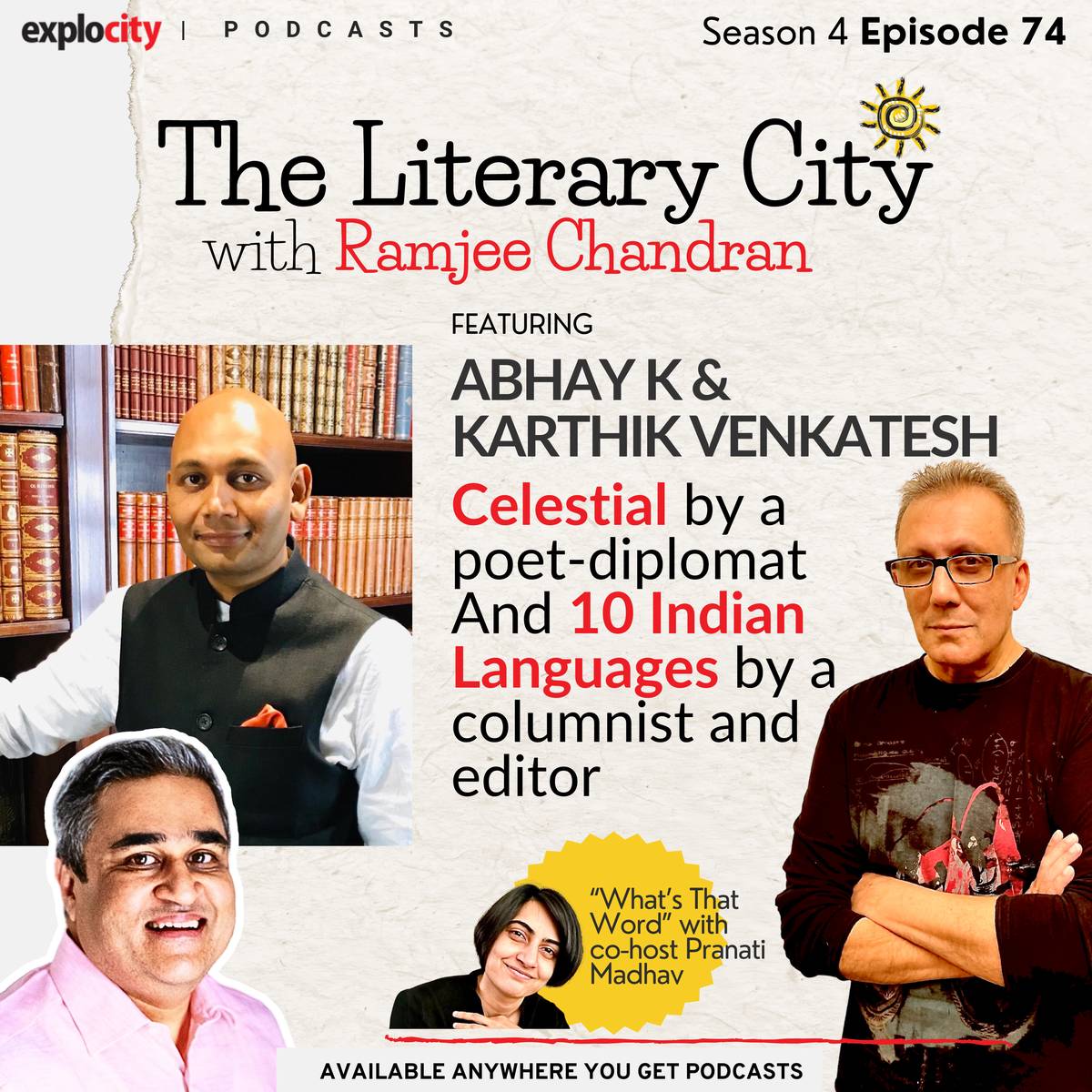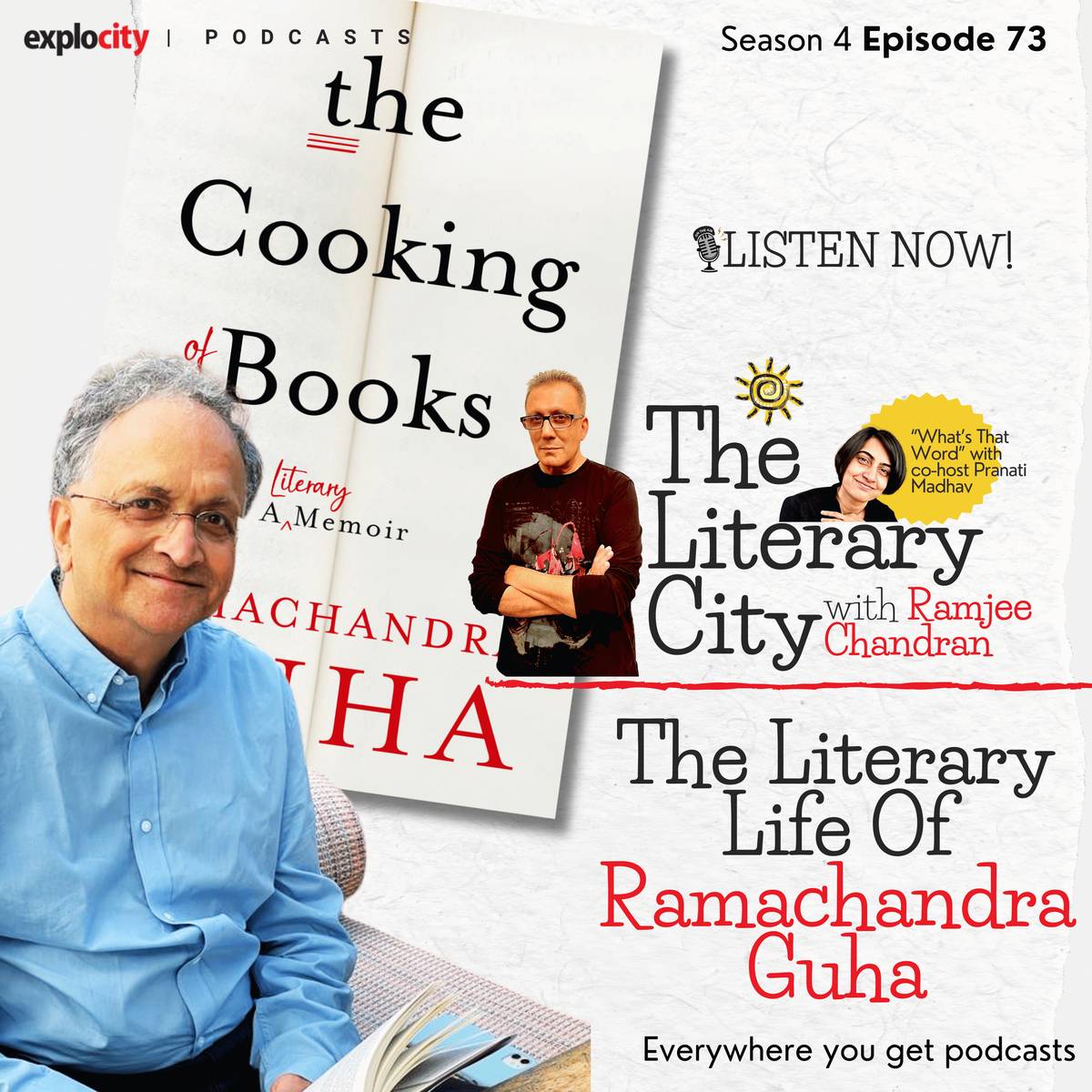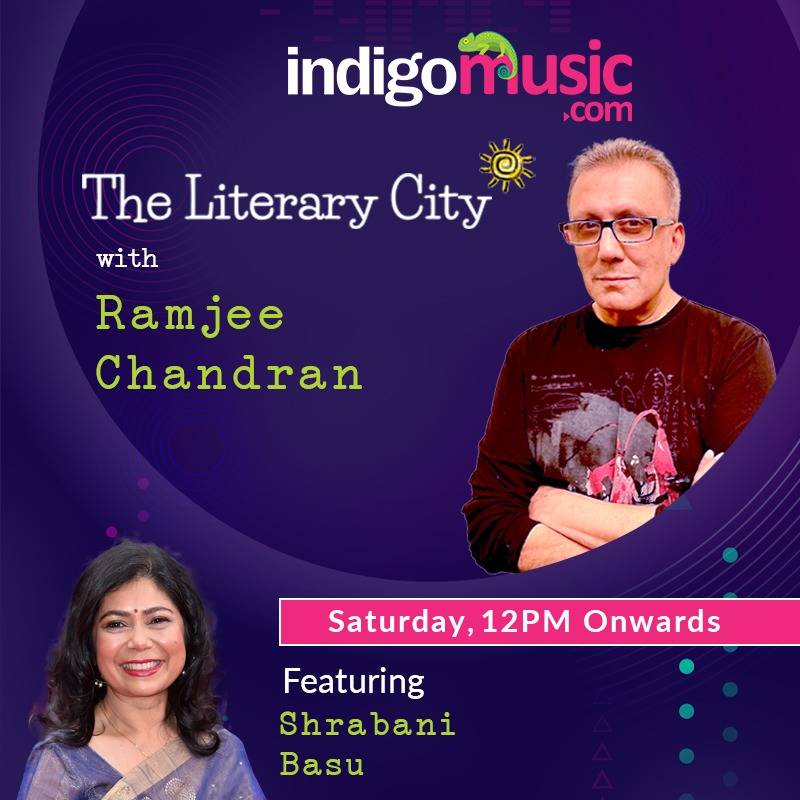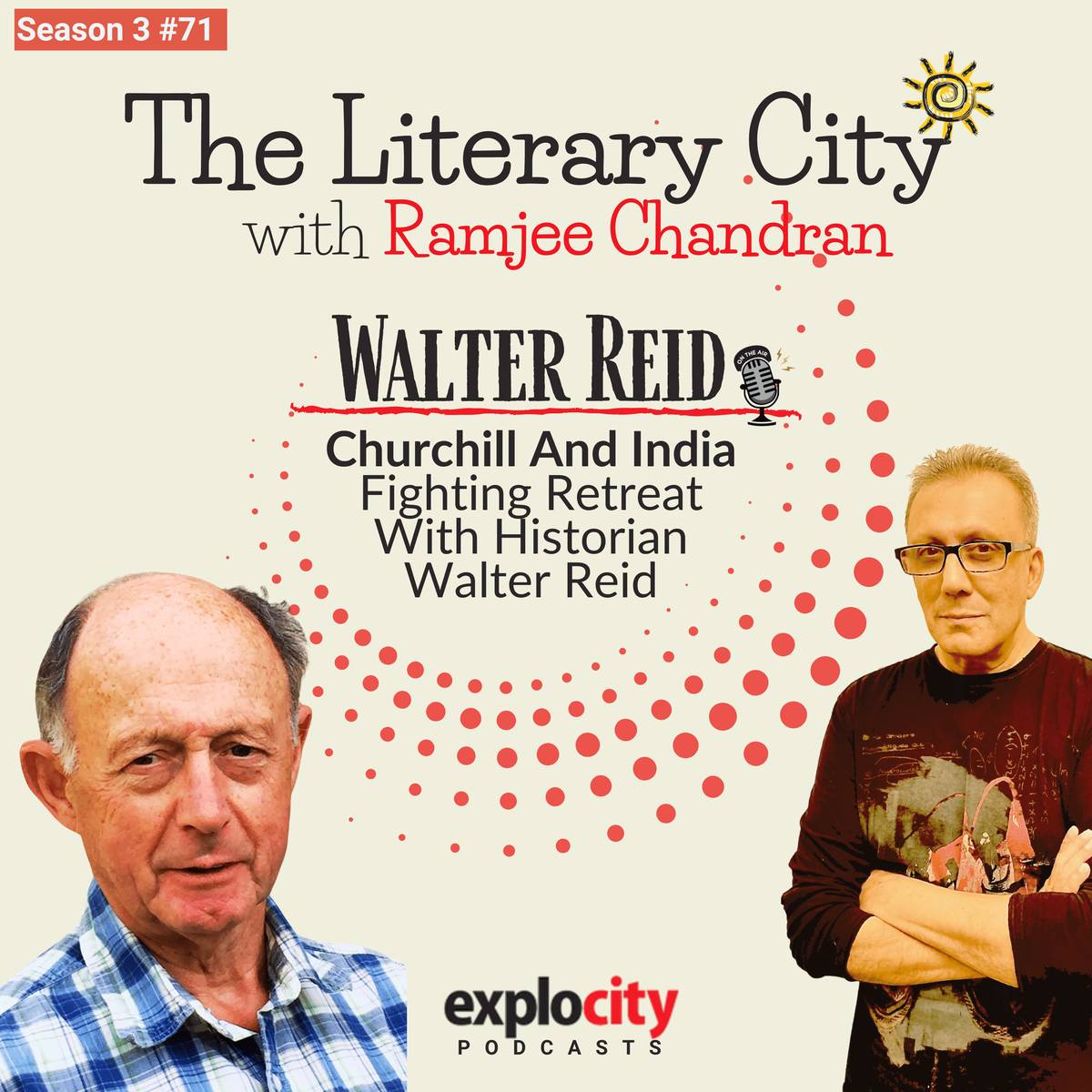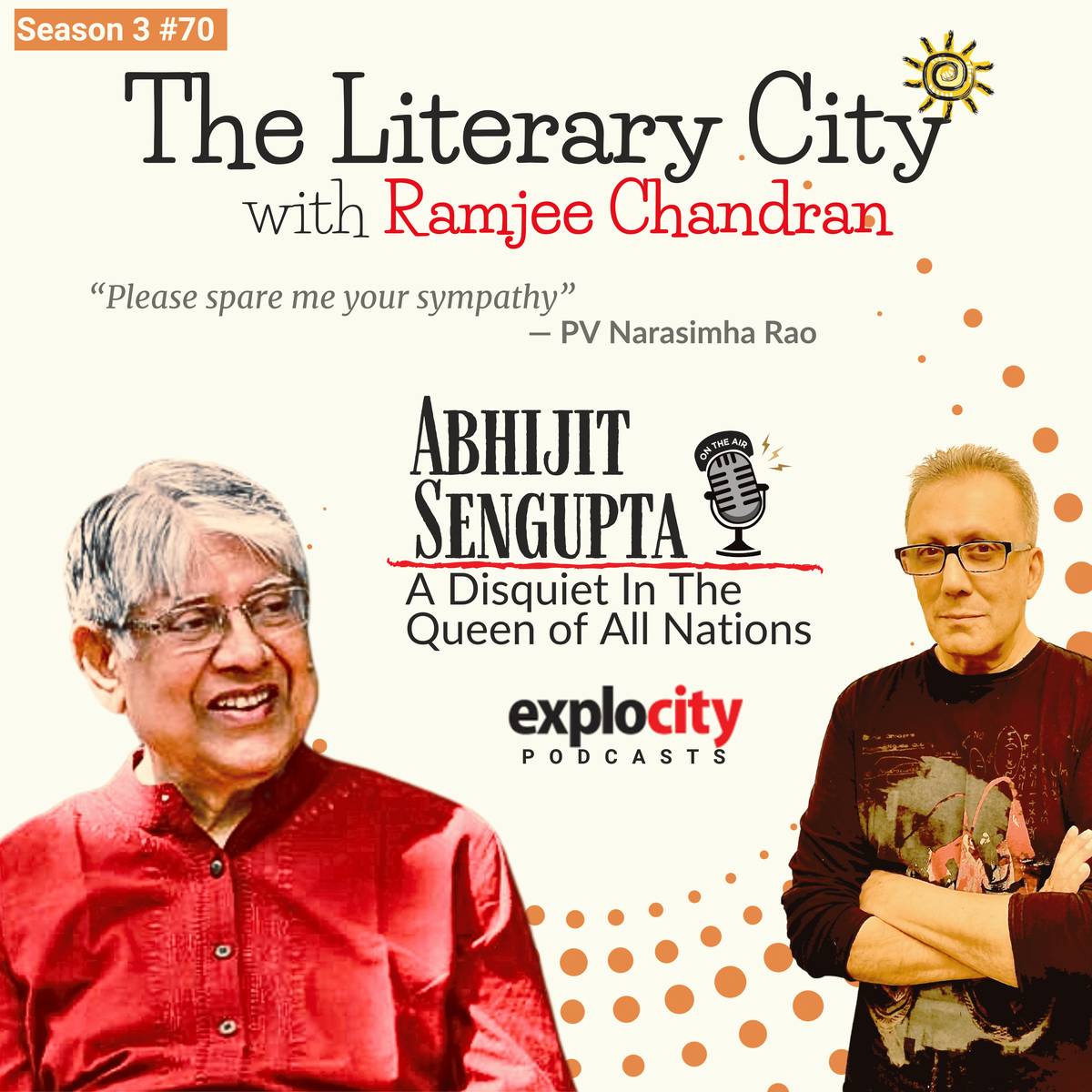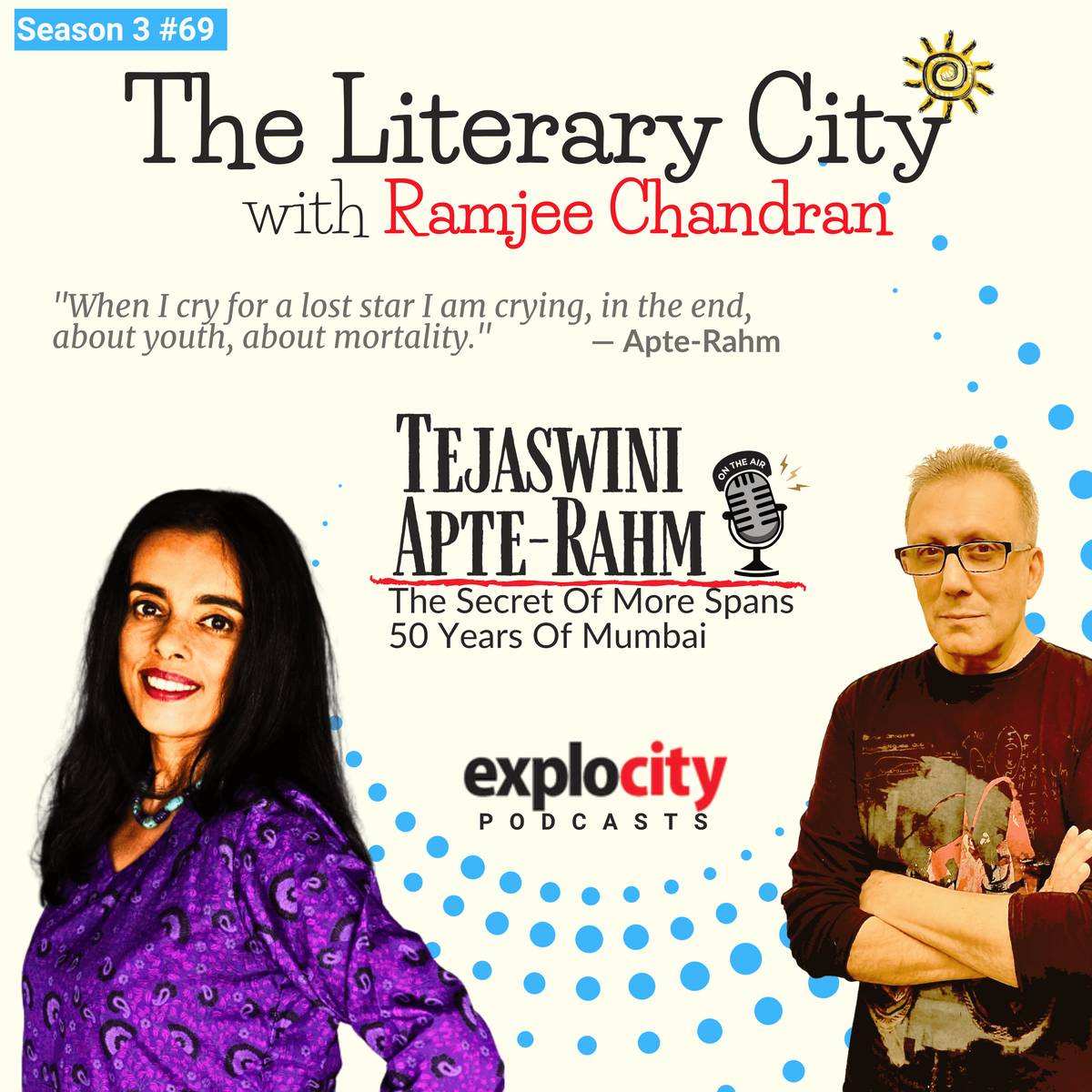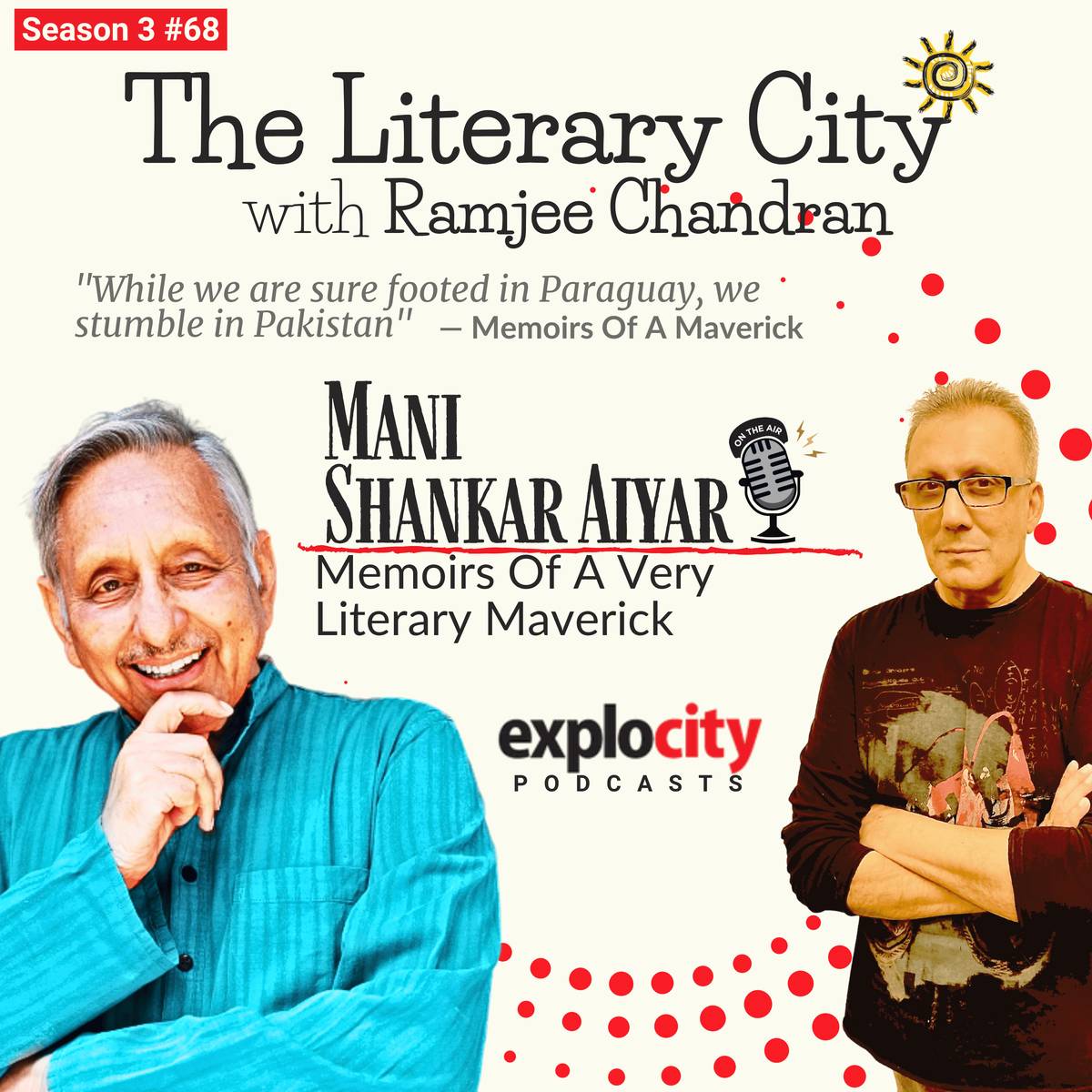The Prose Of Protest And The Suppressed Smile With Aakar Patel
The context of Aakar's prose is serious, the tone often calling question to judgment, but you can sense a suppressed smile under every description.
May 25, 2022, 09 54 | Updated: May 25, 2022, 09 54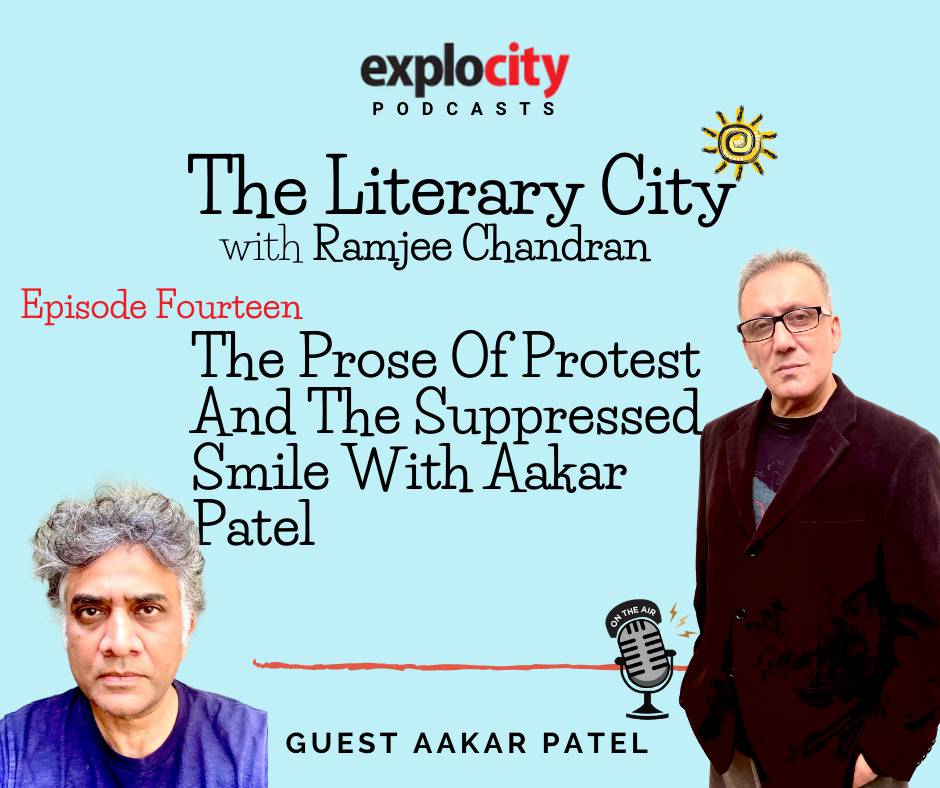
About two decades ago I offered Aakar Patel a job as editor of Explocity. And just when we were all set, the famous and reputable newspaper in Mumbai, Mid-Day, offered Aakar a job as Editor and…well, of course I understood. If he had not accepted that job I would have forced him to.
But you know what they say… when one editorial door closes and another…oh the hell with the analogies… I heard that Tushita Patel, Aakar’s partner, was leaving her job as Editor of The Asian Age. I called her and she hopped a flight to Bangalore and joined Explocity as Editor and totally killed.
Twenty years later, I am fortunate to count them both as friends. And not principally because they make fried fish with that mustard thang.
Now, anyone with even a peripheral interest in Indian politics ought to know Aakar Patel.
And even though newspapers around the country have recently developed new and deeper shades of funk by not continuing to publish Aakar’s anti-injustice polemic, he remains India’s most prolific columnist.
The context of Aakar's prose is serious, the tone often calling question to judgment, but you can sense a suppressed smile under every description.
Here’s an example of what I call the suppressed smile.
In a socio-political comment about the inability or at least, unwillingness of the Indian to be gracious in defeat, he uses cricket. In an article titled The Banality Of The Indian Cricket Fan he wrote and I quote, “It’s about nationalism, which in India is narrow and zero-sum. If they score even a little victory, a boundary, our tumescence droops.”
That writing is not magic realism—whatever manner of contrivance the phrase magic realism is—but maybe I’ll call this one… Cialis In Wonderland...?
The reason humour lurks beneath even the most serious of Aakar’s writing is because he sees the foibles of the hoi polloi as absurd theatre.
In a recent event promoting the launch of his latest book, The Price Of The Modi Years, someone in the audience asked him if saw hope in the political scenario in India, when viewed from the depressed side of the divide.
“Yes,” he replied, “but maybe it will take a couple of election cycles.”
“Thank you, Aakar!” The audience member cried irrationally, “thank you for saying there’s hope!!!”
I smiled and tried to catch Aakar’s eye but I could tell that he was busy trying to figure out how not to become a prophet—although in India pundit and prophet somehow become synonymous.
Today Aakar is my guest as neither prophet nor rationalist, but as a writer and I got to ask him a bunch of questions about what makes him, above all, one of the country’s most compelling writers.
ABOUT AAKAR PATEL
Aakar Patel is a syndicated columnist who has edited English and Gujarati newspapers. His books include 'Why I Write', a translation of Saadat Hasan Manto’s Urdu non-fiction (Tranquebar, 2014), 'Our Hindu Rashtra: What It Is. How We Got Here', a study of majoritarianism in India and Pakistan (Westland, 2020), 'Price of the Modi Years', a history of India after 2014 (Westland, 2021) and 'The Anarchist Cookbook', a guide on why and how to protest (HarperCollins, 2022). He is Chair of Amnesty International India.
Buy The Price Of The Modi Years here: https://amzn.to/3DiXsVU
WHAT'S THAT WORD?! - "HOI POLLOI".
Co-host Pranati "Pea" Madhav joins Ramjee Chandran in the segment "What's That Word?", where they discuss the origins of the phrase hoi polloi with asides on cunning linguists.

